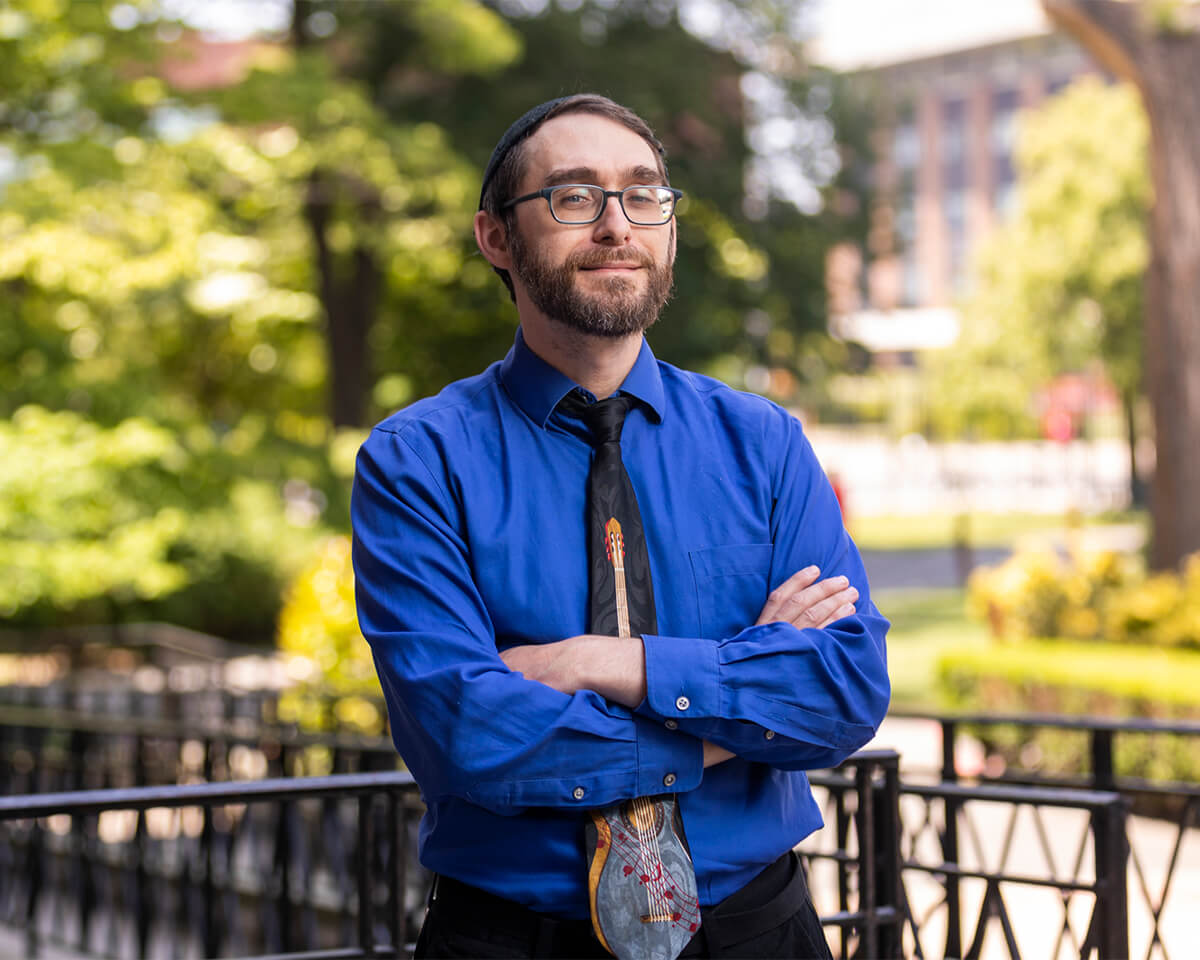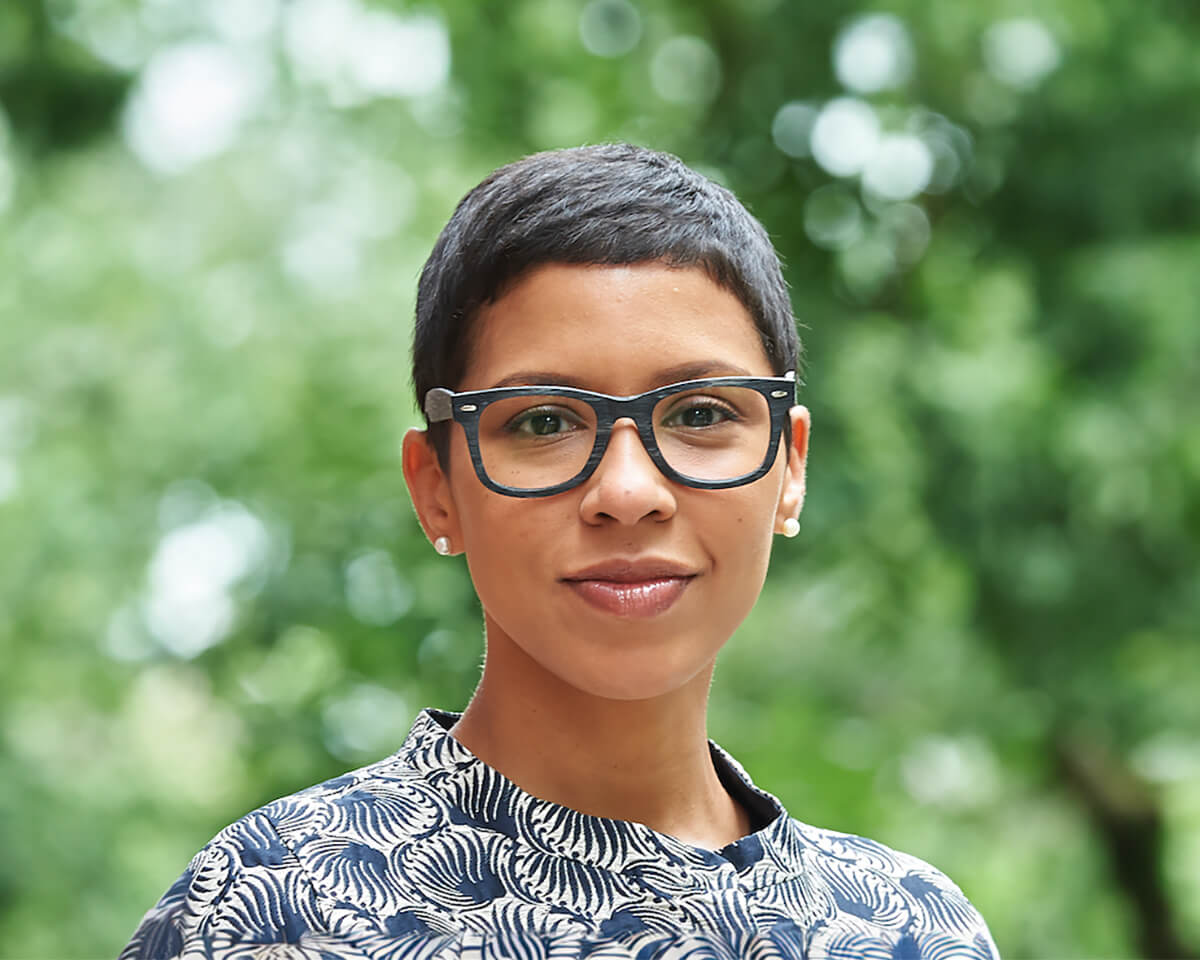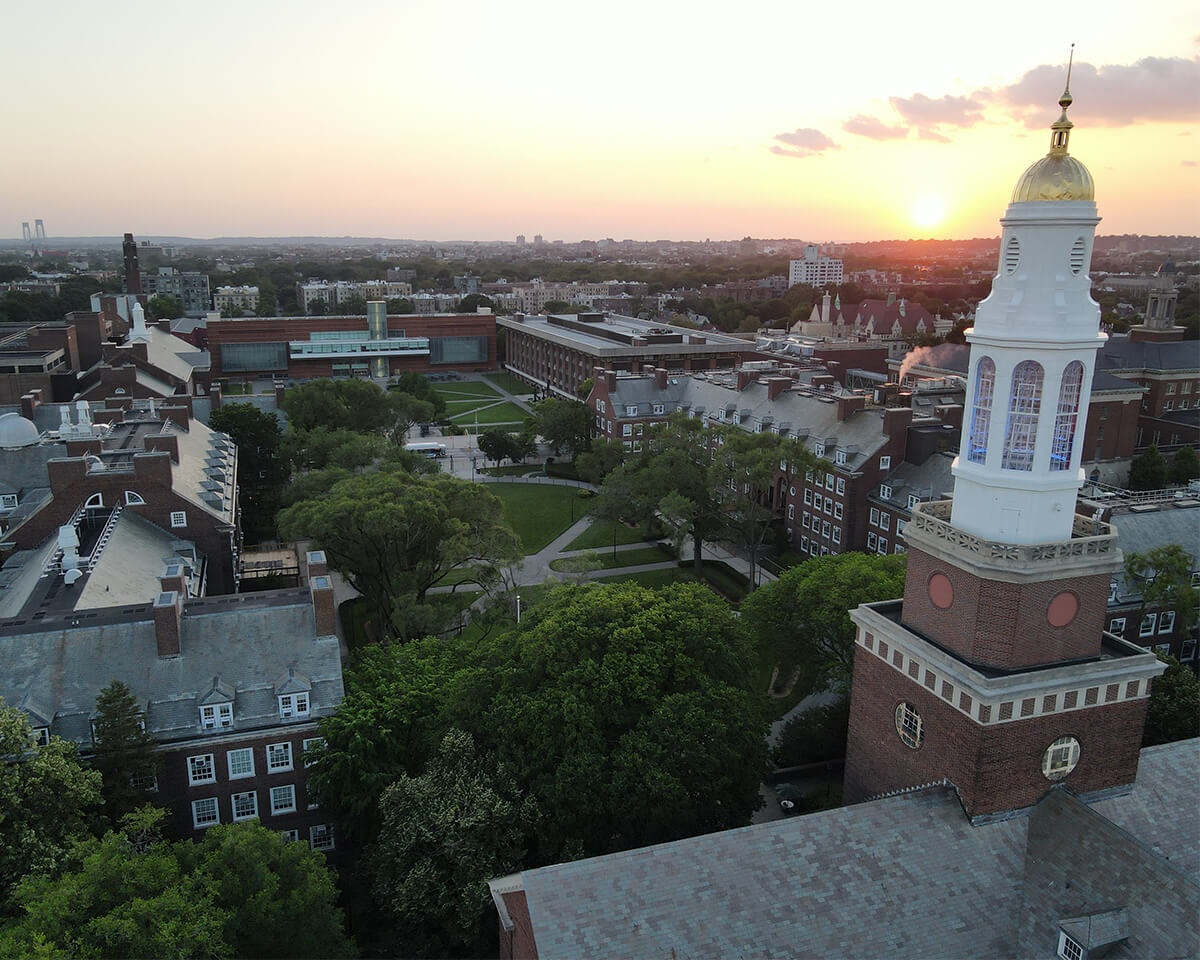As a trained composer, Moshe Axelrod is passionate about music. He also cares deeply about making sure students can afford their education. Within the financial aid office, he carries out his work with the vision of a conductor.
Axelrod’s understanding of music informs his unique approach to financial aid. In a piece of music, he says, “I can look at individual notes, I can look at the structure, and I can look at patterns in that structure.” This awareness of structure has led him to establish consistent and transparent financial aid procedures—a kind of “system building” that aims to make it easier for everyone to navigate the process.
Axelrod describes the basic functions of his office: processing the required documents that students submit, advising students on their aid eligibility to help them plan their finances, managing and disseminating information on the sources of aid, and complying with the rules those entities establish. The result, says Axelrod, is the disbursement of millions of dollars in federal and state aid programs.
Describing the challenge of translating labyrinthine federal aid policy “into a business process,” Axelrod envisions a concert hall. “The feds are the composer, and we’re the orchestra. And those of us in leadership positions are the conductors.” Ultimately, he says, “We have to figure out how to get this piece of music played.”
Axelrod says he fell into financial aid. In the middle of a master’s degree at Brooklyn College, he needed a stable source of income. He ended up working as a college assistant in the financial aid office at Borough of Manhattan Community College (BMCC), partially funded through the CUNY Counseling Assistantship Program. After two years in this role, he spent six more as a financial aid counselor at BMCC before coming to Brooklyn College in 2016. Axelrod began at Brooklyn College as an assistant director taking over the advisement unit. He became associate director in 2022.
During this time, Axelrod was also studying and performing music. He earned his B.F.A. in music and audio technology from City College, developing expertise in audio engineering and a familiarity with the work of modern composers like Arvo Pärt and Steve Reich. Deciding he wanted to study composition with acclaimed Brooklyn College Professor Tania León, Axelrod enrolled in the college’s M.Mus. program in composition, graduating in 2009.
Axelrod, who still composes his own music, learned from León that a composer must not only tell musicians what notes to play but also how to play them. “What I realized,” he says, “is that the art of composition is in large part the art of instructions.”
Connecting these kinds of musical revelations to life more generally, Axelrod came to understand that his musical training gave him what he calls “human skills.” He finds himself relying on “a lot of those skills that I learned as a composer, as a musician, as an audio engineer” to do his job.
One of Axelrod’s crucial responsibilities is to catch the attention of students, who have so many other sources of competition for that attention. “How do you break through the noise?” he asks. “How do you let people know what’s there?”
Getting through to students is a particular challenge because fulfilling financial aid requirements is, Axelrod admits, not exactly exciting. “What we are doing is not cool,” he says. “It’s not going to get five thousand likes on Instagram.” The information is, however, “highly relevant and highly important.”
The new Navigate system has helped make this vital information easier to communicate to students. They can use Navigate to schedule an appointment with a financial aid adviser, says Axelrod, noting that communications from Navigate go to their Brooklyn College e-mail.
Axelrod says he may be a conductor, but the magic happens because of the players—the staff. “Without them, there is no music, there is no aid,” he says. He urges students to “partner with us” to find the best ways to fund their education. “People don’t come to college for financial aid,” he says. “They come to college to get an education. We’re there to help them accomplish that goal.”



